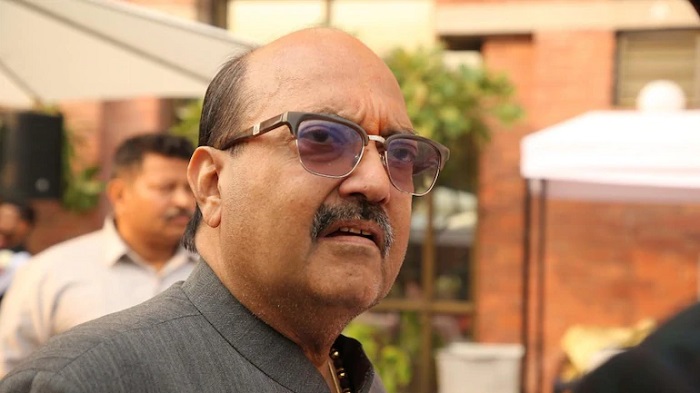Pune, Jul 5: Parents and student of Pune’s Maeer's MIT School on Wednesday staged a protest against the school’s diktat asking the girls student to wear specific colour innerwear.
The school authority has even specified the length of the skirt to be worn by the girl students.
Apart from this, the school has restricted the students from using the washroom other than the specified time.
"The girls are asked to wear either white or skin colour innerwear. They have even mentioned the length of the skirt to be worn by them. They have all these things in the school diary and have asked us to sign it," a parent said.
The school has even mentioned about the actions to be taken against the student and parents if they failed to abide by them.
Meanwhile, Dr Suchitra Karad Nagare, Executive director of MIT Group of Institute said the intention behind taking such steps were 'very pure' and was not to trouble the parents and the students.
"The intention to give such specific directives in the school diary was very pure. We had some experiences in the past which made us take this decision. We did not have any hidden agenda," Dr Nagare said.






Comments
Now what is skin color? Whose skin color managements? Are these realy education centres to get education, thier minds have gone mad.
Now school authorities interfear innerwear too.
What an idea sirji?
Due to many school authorities torture what to wear and what not - Better to come to school with minimum dress only.
Add new comment